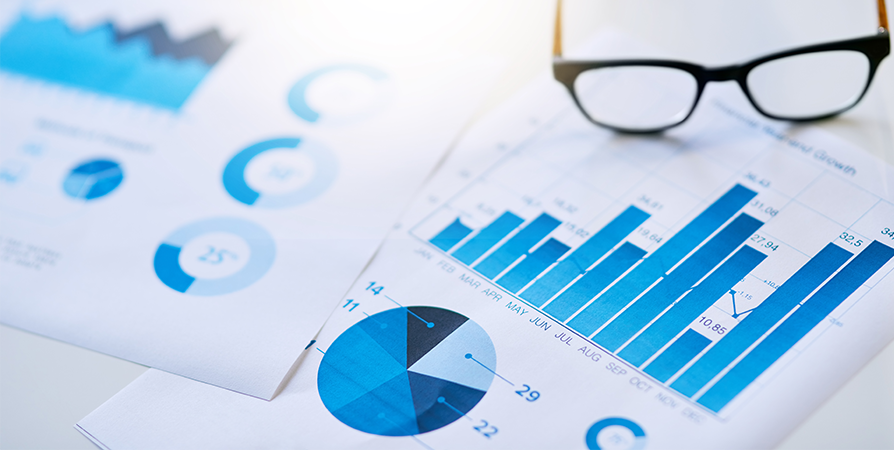Number crunching and beyond: The need for data analytics

The challenging world of data analytics requires experienced professionals. A data analytics course equips you with the skills required in this field.
It is safe to say that we are almost ‘swimming’ in data today. Apart from tangible data that you can touch and work on, there is so much more in the ether. It is everywhere – in the stock markets, in new travel routes, even in the launch of a new phone: there are data packets everywhere, and they must be caught and processed for further development.

A skilled data analyst can mine and interpret these data packets, provided they have taken a data analytics certification courses for graduates.
The role of a data analyst
- Primarily, a data analyst is the first resource that collects, collates and processes new information in the field. It could pertain to world happenings, or new market trends, or simply be an exploratory look at a new product/service in development.
- After this, the data analyst processes this information and records it in a way that companies can use the data and create or redesign their future course of action. The data analytics certification courses for graduates imparts you with the knowledge and skills required for this.
- The data thus mined and processed can be used by businesses as a basis of market research for testing and sale of new products and services, or geographical expansion into a new sector or territory, or to garner new investments, etc.
- However, the role of a data analyst is restricted to mining, processing and presenting data. They do not create new algorithms the way data scientists do. A data analytics course for graduates essentially prepares you for this process, and to work under data scientists.
- Data analytics courses are offered by leading institutions in the country, with a job placement guaranteed at the end of the course. Thus, you are equipped to enter the complex world of business with the requisite skills in data analysis.
As a holder of a data analytics course certification, you will –
- Work with teams handling management, HR, IT, finance, stock markets, etc.
- Mine and present data from both primary and secondary sources.
- Fine tune the data for more targeted study.
- Analyse the data for interpreting and formulate the results clearly using available tools and software.
- Check the origins and timelines of trends, their prevalence and correlations with current market practices, etc.
- Identify key areas for improvement across all operations of business.
- Compile data reports with observations and insights that companies can use.
- Help to create information data bases and systems for standardisation and replication.




